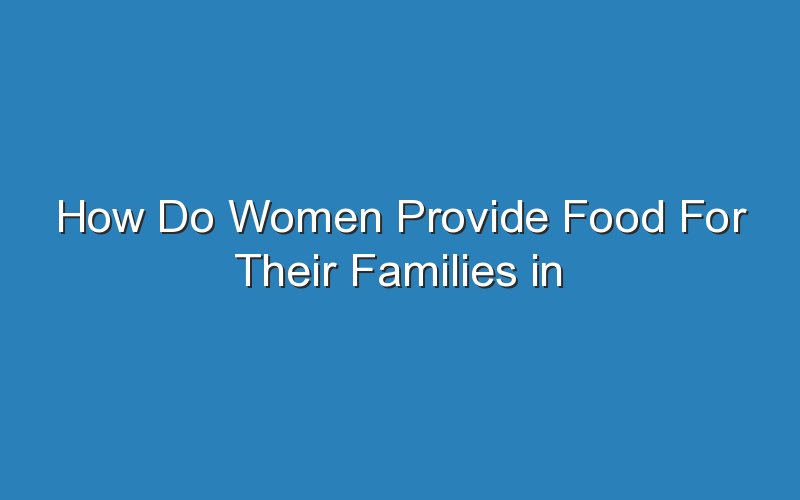Many rural Nicaraguan households are run by single mothers, so the role of a woman to provide food and income is vital. In order to empower women to contribute financially, CEPAD provides training in farming techniques, community banks, and trades. Moreover, women are given seeds and tools to grow their own food and sell the surplus to earn extra money. Through the CEPAD women entrepreneurship program, women are taught how to set up a small business and are provided with low-interest loans.
Nicaragua is located between the Caribbean Sea and Pacific Ocean. The country has a very high rate of poverty, with almost one third of its population living in poverty. Before the cholera pandemic, many Nicaraguans were surviving on less than $1 per day. Now, their families are struggling to survive on their meager incomes. To address this problem, the government has offered to match the donations made by American citizens and businesses of the World Help Board of directors up to $235,000 to aid the women in their daily lives.
In Nicaragua, women are the main source of food for their families. They grow their own vegetables and fruits and sell them at the market. In addition to selling their produce at the market, women also use their land as a source of income and make ends meet. In addition, they also sell their excess produce to other families. While many people don’t realize it, these women are putting their money to good use.
The government has made it easier for the women in Nicaragua to raise their own food. They can sell what they produce at the market to help feed their families. In addition, they can also make money from the profits. These programs support the local community by providing training for farmers. Several World Help Board members are matching donations up to $235,000. With your donations, your contribution will have a far greater impact.
The Ministry of Family Economy in Nicaragua is promoting family agriculture and climate change-adaptation practices. Through the program, these women are learning sustainable livestock management, acquiring business skills, and improving their incomes. The Ministry of Family Economy is also promoting sustainable development in the country. Coffee is an important part of the country’s exports and many of these farmers are female. So, despite the challenges, these women are still doing their best to provide food for their families.
In addition to providing food for their families, MADRE also helps the women grow and sell their own crops. The Ministry of Family Economy is supporting environmental farming and adaption practices that are both safe and climate-adaptive. Additionally, a number of farmers in Nicaragua are dedicated to coffee production, which is used for both commercial and domestic consumption. The Ministry of Family Economy supports the growth of sustainable agriculture in the country.
The Ministry of Family Economy in Nicaragua supports a group of forty women that conducts various health and nutrition programs. Besides providing food, the Women in Action program enables them to earn additional income through income generating activities. They also provide training to help these women become better at managing their farms. Those trained by MADRE have higher incomes than men. These rural businesses are sustainable, and they earn extra income by making their own organic products.
In Nicaragua, women provide food for their families by raising livestock, selling their products at markets and working in the fields. They sell the products in the market and earn extra money through their hard work. They also sell their produce in the markets, which helps them earn extra money. The ministry of Family Economy supports women in the process of securing the livelihoods of their families. The Ministry of Family Economy is a nonprofit organization that works to improve the quality of life of the people in Nicaragua.
In Nicaragua, the government promotes environmental-friendly agriculture and training for farmers. In rural areas, the Ministry of Family Economy encourages family agriculture and diversification of family plots. The government also encourages coffee production, which has been the most lucrative source of income for the people. The Ministry is also committed to helping the women produce more crops. In addition to providing food, MADRE supports the communities by offering opportunities to earn an income through livestock.

